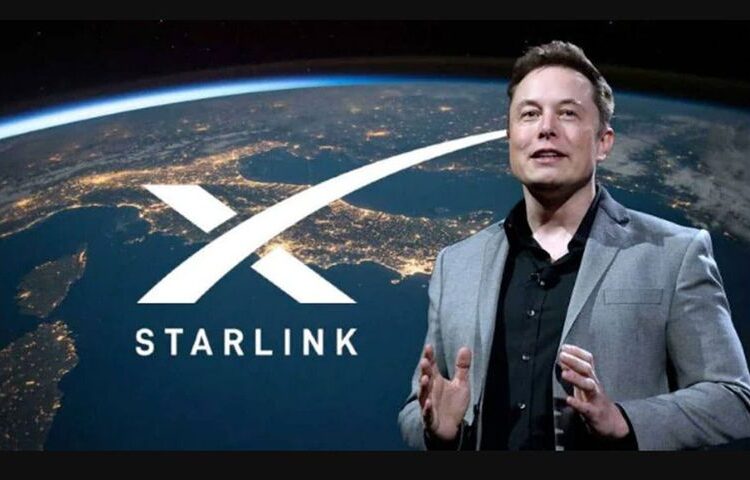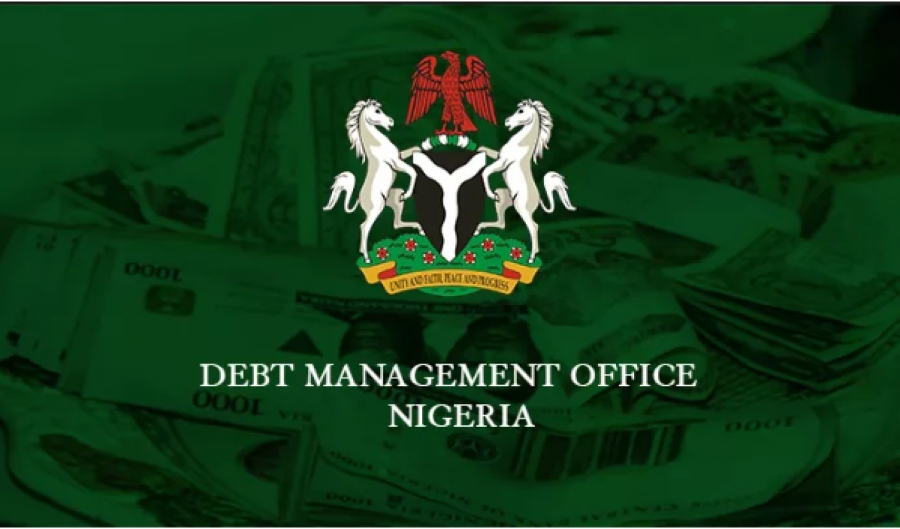It’s hard for many of us to imagine a world without instant, limitless internet access. Some have even argued that it should, alongside access to clean water and electricity, be considered a basic human right.
But in fact only 64.4 percent of the global population as of January 2023 are internet users. Asia and Europe are home to most of the people who are connected.
Africa comes in third. However, accessibility varies wildly across the continent. About 66% of people in southern Africa are internet users. In east Africa the figure is 26%; it is just 24% in central Africa. People in rural areas have far less access than those in the continent’s urban areas.
Internet access opens up the world in many ways. It can entertain, educate, enable payments and even bolster democracy.
That’s why advances in providing internet access to people in Africa are worth celebrating. In January 2023, the US company SpaceX, which manufactures and launches spacecraft and communication satellites, announced that its Starlink service was available in Nigeria. This was a first for the continent. It has also since become available in Rwanda.
Starlink is a satellite-based internet service. It is set to be rolled out elsewhere on the continent, including the Democratic Republic of Congo (DRC), Kenya and Tanzania, later this year. More coverage is to come in 2024.
This could be an important way to fill Africa’s connectivity gaps, which have arisen because of poor digital infrastructure and the high costs of investing in fibre optic cables or mobile phone masts, particularly in rural and remote areas. The United Nations has a strategy for reaching universal access across Africa by 2030, but this won’t be possible without innovative approaches.
Starlink is one such innovation. Since all its users are tapping into the same infrastructure, in space, there’s less need for erecting mobile phone masts or laying fibre optic cable on land.
What is Starlink?
Starlink is a network of thousands of satellites located close to the Earth – about 550km from the planet’s surface – that provide broadband internet access.
Of course, satellites are already used for internet connectivity. But a traditional internet satellite is a single geostationary object; its position in orbit is fixed in relation to the Earth.
These satellites are also located more than 35,000km from Earth, so it takes a long time for the signal to reach the end user. As anyone who has tried to use the internet in a remote area knows, the further a signal travels, the worse it gets, so traditional internet satellites tend to be slow and can be unreliable. They aren’t able to adequately support activities like live streaming, online gaming and video calls.
Starlink’s Low-Earth Orbit satellites are able to interconnect and relay signals between each other, creating fast, stable internet service. There are also a lot of them: on 17 February 2023, SpaceX said it had launched 3,981 satellites in total, with 3,639 currently operational.
The company can launch its own satellites on demand and update them with the latest technology as required, which it says adds to their reliability.
Much of Africa’s internet access is currently being provided through mobile, wireless internet – signals are relayed from land-based towers. This has less coverage and is slower than satellite internet access.
One area of concern when it comes to Starlink is the cost. For example, at the beginning of February 2023, FiberOne, a broadband internet provider in Nigeria, was providing internet with speeds of up to 500Mbps, which is fast. The installation fee was N32,231 (about US$70) and the monthly subscription cost around N100,000 (US$220). Starlink in Nigeria, meanwhile, costs about N276,000 (US$599) once-off for the kit and installation, then charges a monthly subscription fee of about N198,000 (US$43).
Starlink is cheaper in the long term than both fibre optic and mobile internet providers. But can an average rural Nigerian household with a monthly income of less than N28,000 (US$60) afford it? Given that average incomes are similarly low in most rural and remote parts of Africa, there’s a risk that Starlink’s targeted users on the continent won’t be able to use the service.
These concerns aside, there’s no doubt that faster internet can propel Africa forward. Despite the shortcomings of mobile, wireless internet, it has been credited with greatly advancing Africa technologically. Services like Starlink could fuel even greater growth in several areas. These include education, participation in democracy and governance, disaster risk reduction and mitigation, health, and agriculture.
As a researcher in planetary and space science whose work includes, among other things, the use of satellite data for monitoring and modelling in relation to geology, I am especially interested in the ways these satellites could be used beyond internet access, for tasks like remote sensing and Earth observations. I hope that Starlink’s arrival in Africa will help usher the continent into a new phase of technological development.
For example, satellite images can give information on crop yield, helping farmers to make better decisions on irrigation, fertilisation and harvesting. They also allow for widespread and effective monitoring of reservoir levels, as well as increasing transparency about how much water is available, thereby providing early warnings of shortages and uniform data among countries with common water sources.













